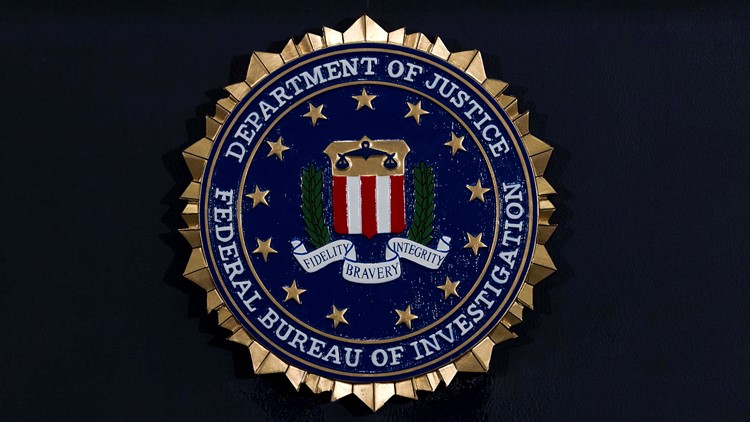WASHINGTON — A Justice Department watchdog report says the FBI must better handle tips and leads on potential terrorism suspects.
That includes evaluating whether individuals with mental health problems pose legitimate threats to public safety. The report from the inspector general's office identifies what it says are weaknesses and inconsistencies in how the FBI assesses tips on subjects known as homegrown violent extremists, across its 56 field offices.
Those are people who are motivated by jihadist ideology and are operating in the U.S. independent of foreign terror organizations.
The report highlights the FBI's challenges in preventing violence from people whose actions and ideology may be disturbing without actually violating federal law.
The report said the FBI has acknowledged that various weak spots related to its assessment process may have impacted its ability to fully investigate certain counterterrorism assessment subjects who later committed terrorist attacks in the United States. Following these attacks, the FBI tried to evaluate and improve its assessment process. However, it has not ensured that identified areas for improvement were formalized and implemented into enhanced policies and procedures.
The report also claims that some FBI fields might not be fully aware of investigative tools and techniques that can be used to thoroughly investigate counterterrorism suspects.
View the full report, "Audit of the FBI's Efforts to Identify Homegrown Violent Extremists through Counterterrorism Assessments," below:
“This is a particularly challenging area for the FBI because of the need to preserve constitutional protections while maintaining national security," Inspector General Michael Horowitz said in a video that was published with the report.



